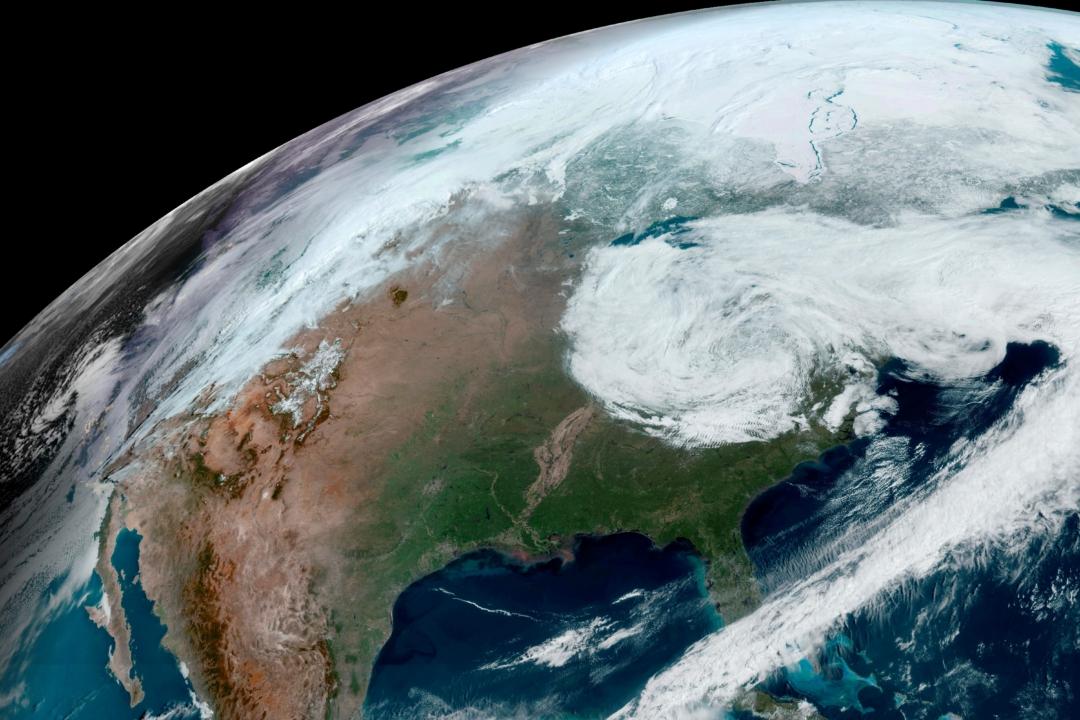The world’s people and their governments spent close to $7 trillion in 2022 on activities the United Nations says fuels the “climate, biodiversity, and land degradation crises.”
Katie Spence is a freelance reporter for The Epoch Times who covers energy, climate, and Colorado politics. She has also covered medical industry censorship and government collusion.
Ms. Spence has more than 10 years of experience in media and has worked for outlets including The Motley Fool and The Maverick Observer.
She can be reached at: [email protected]
Author’s Selected Articles





